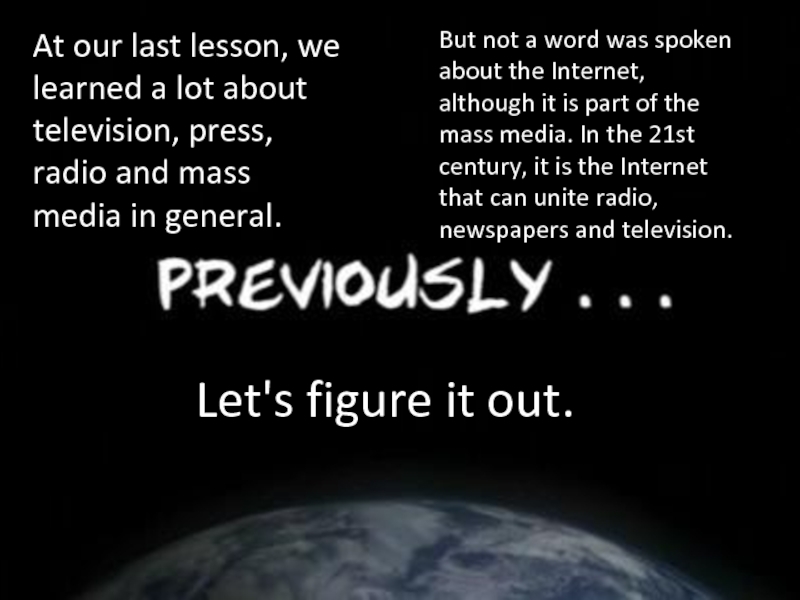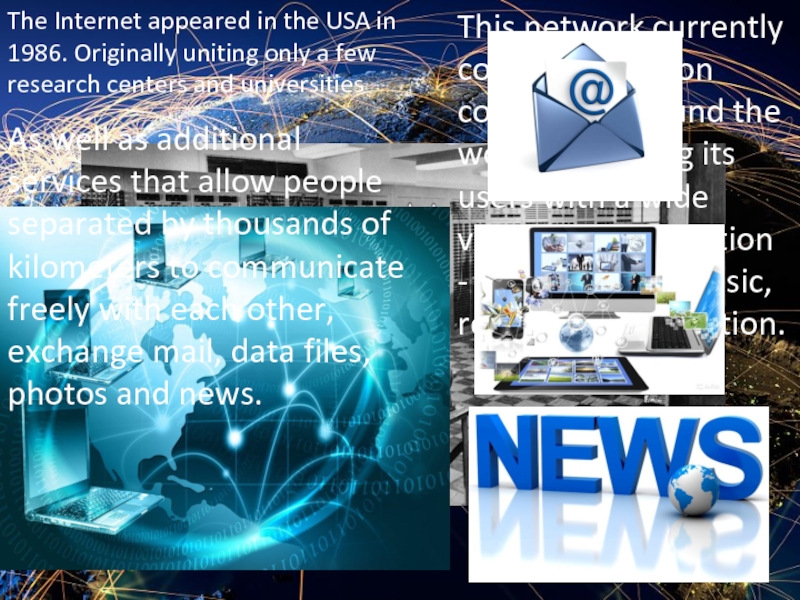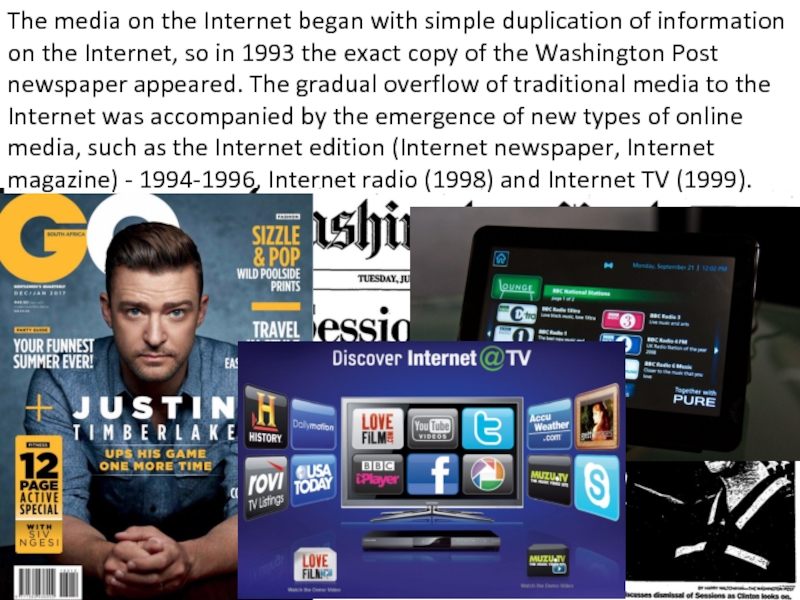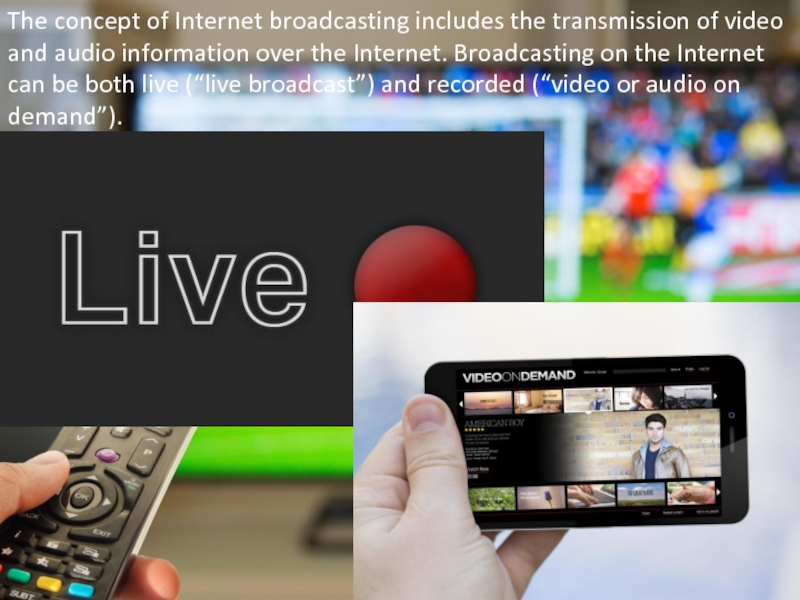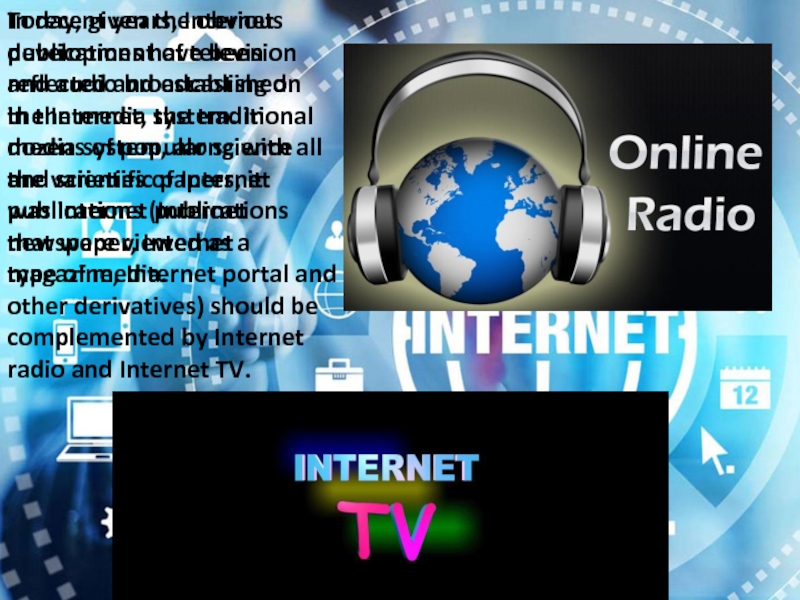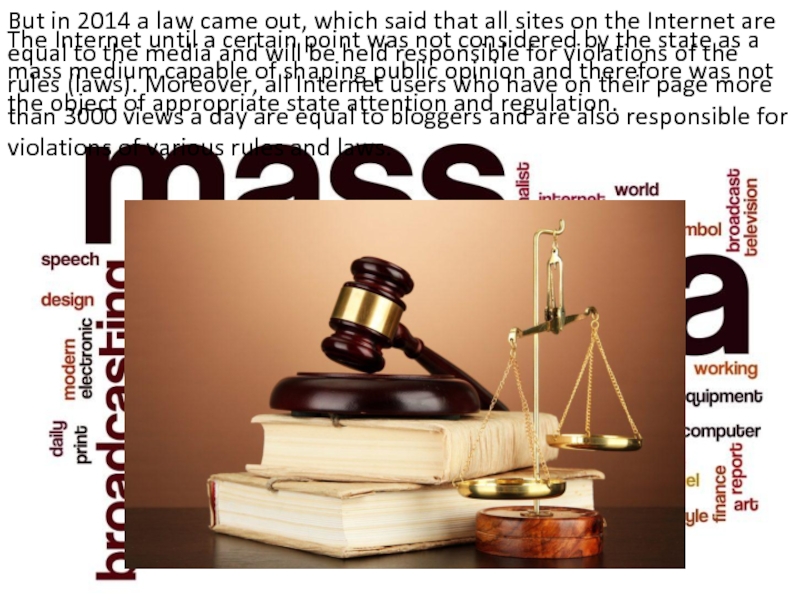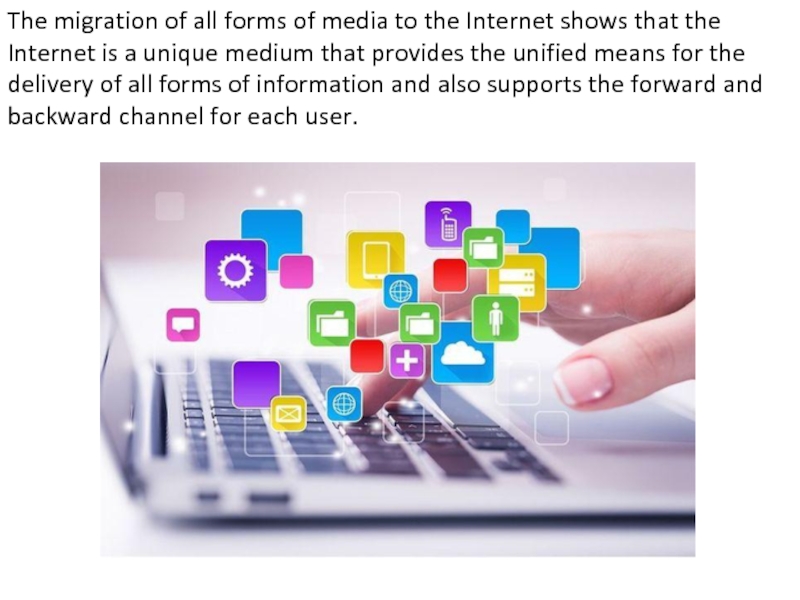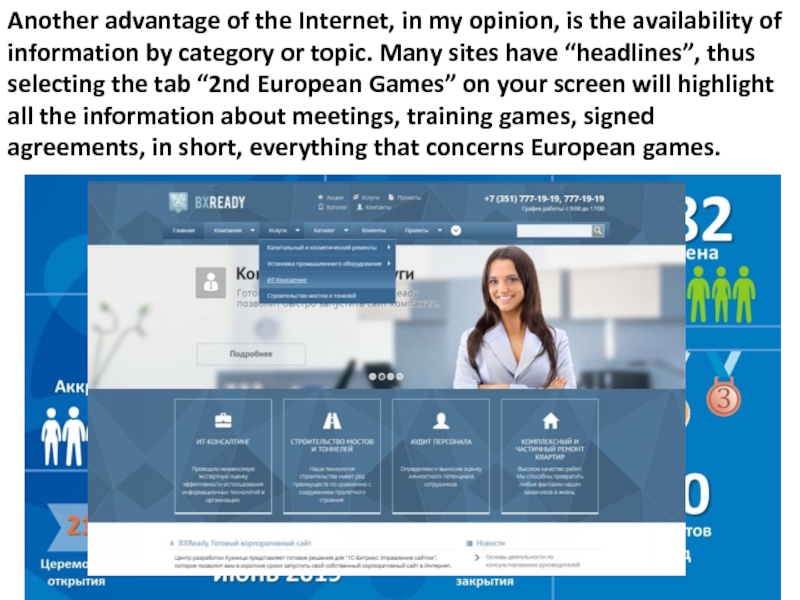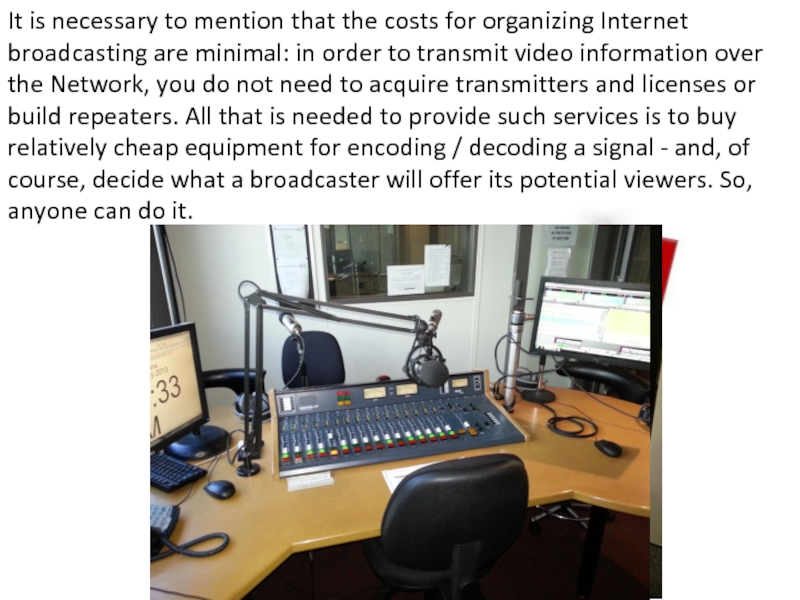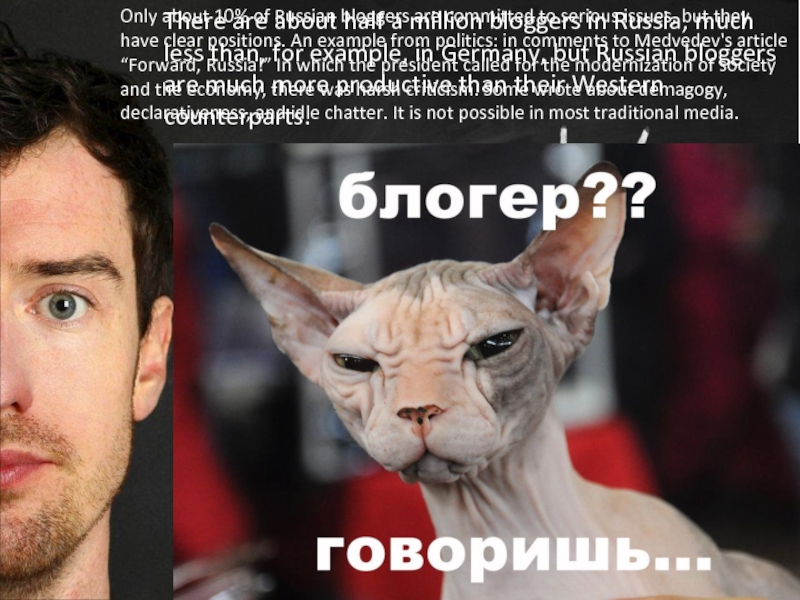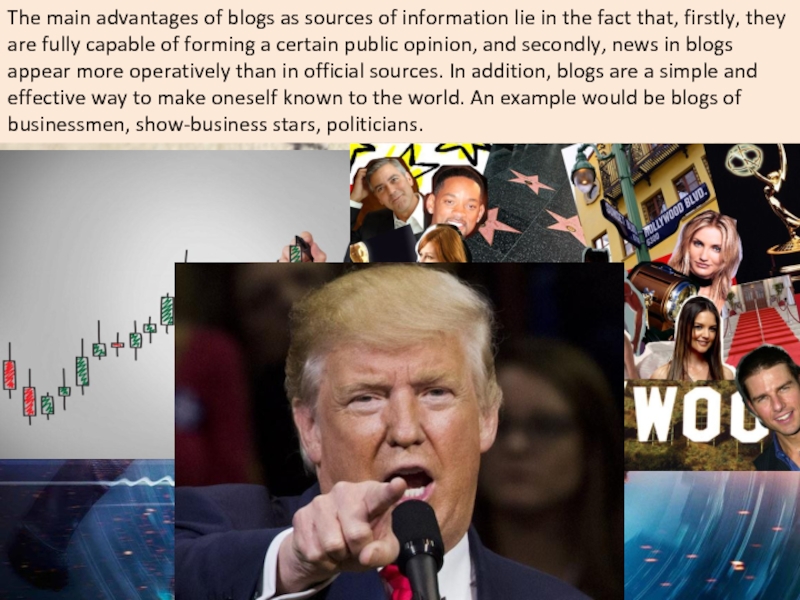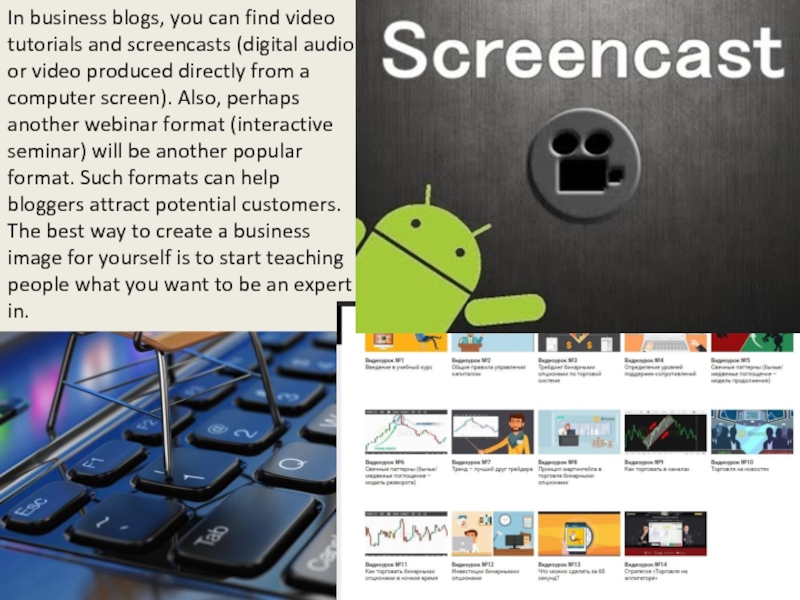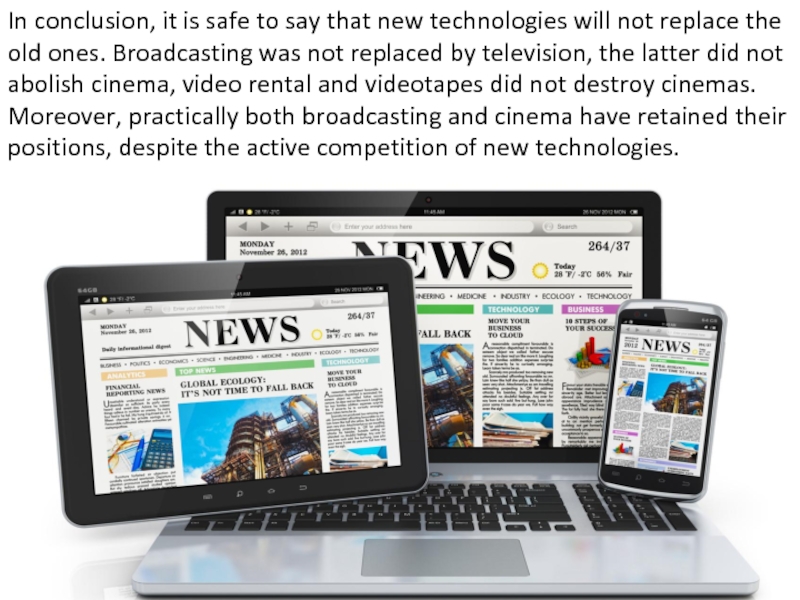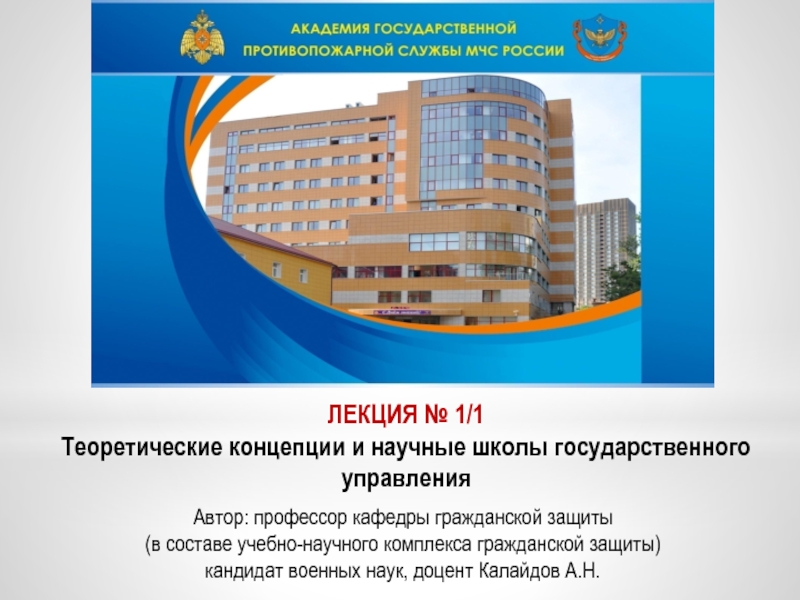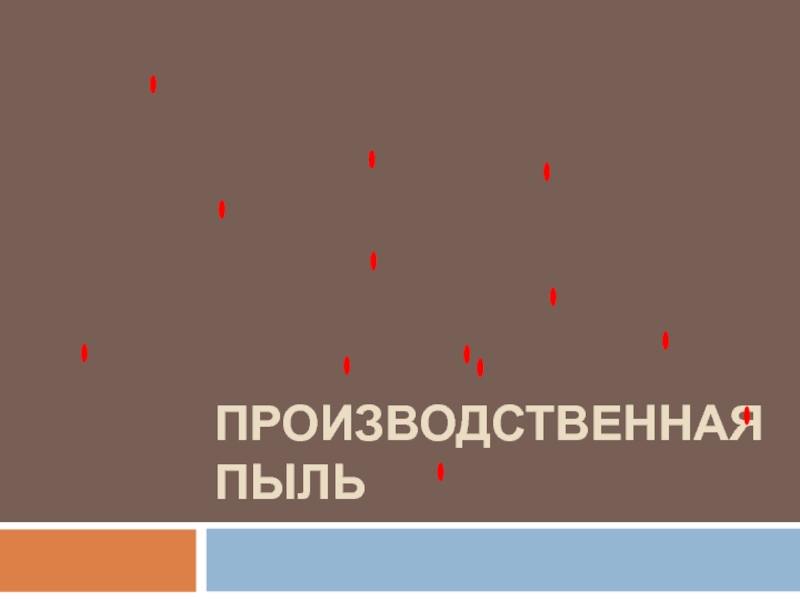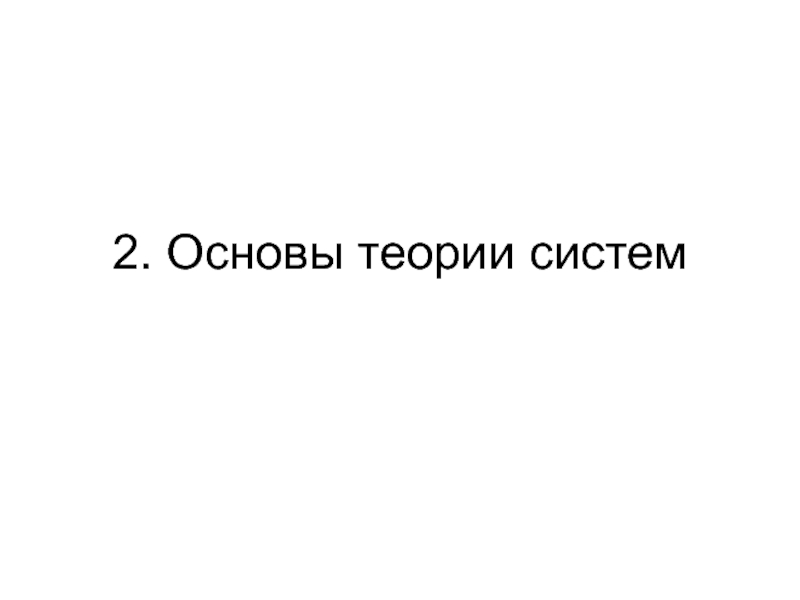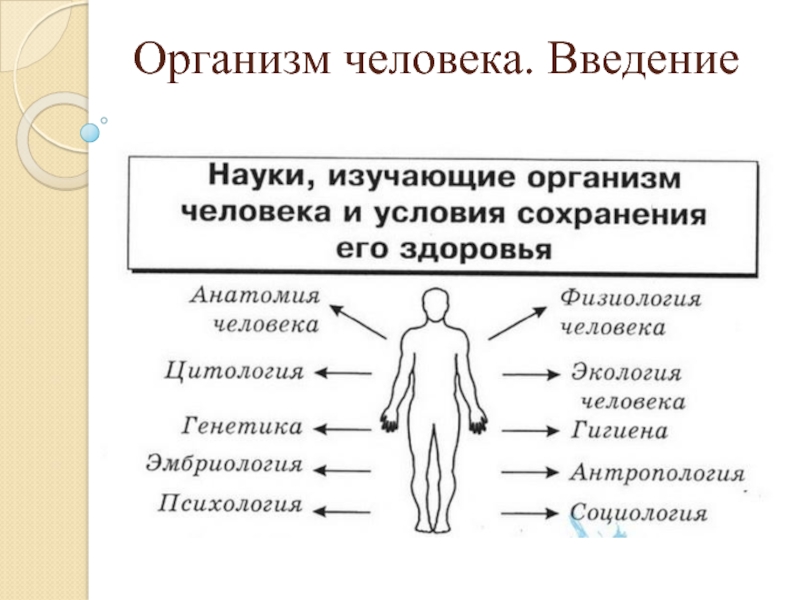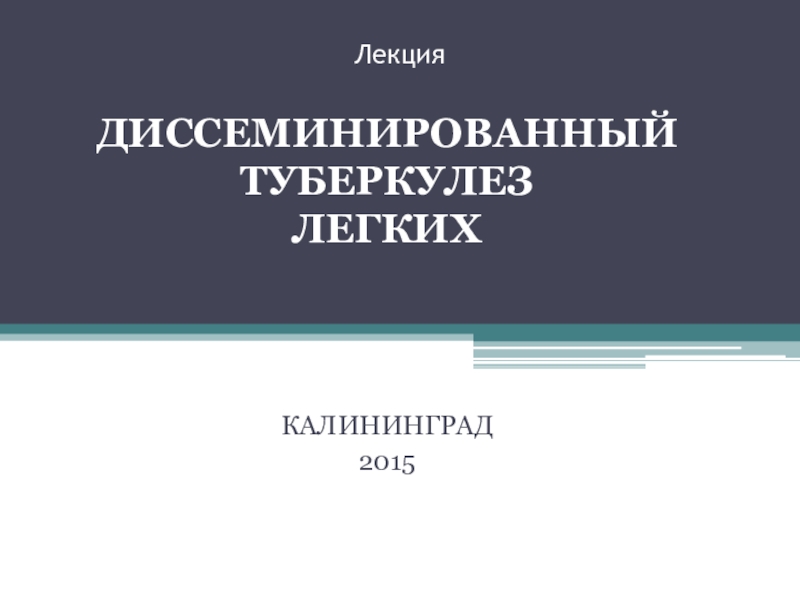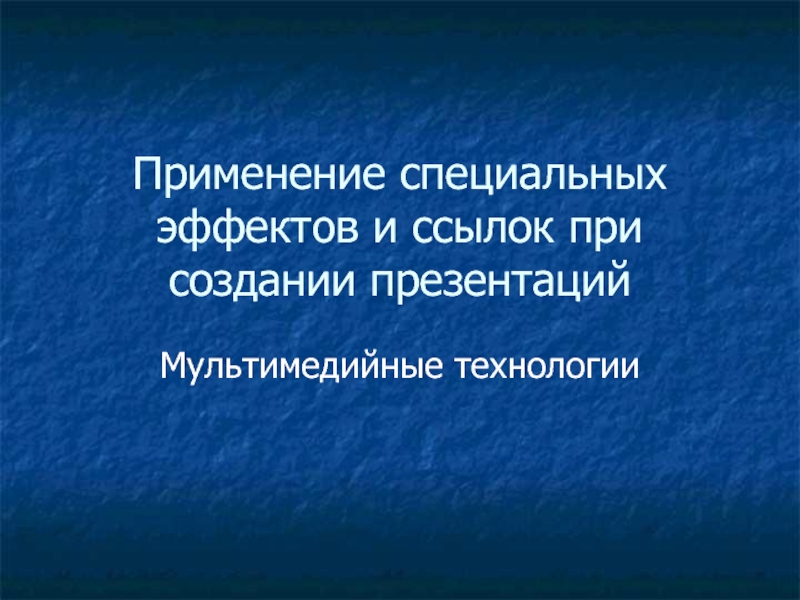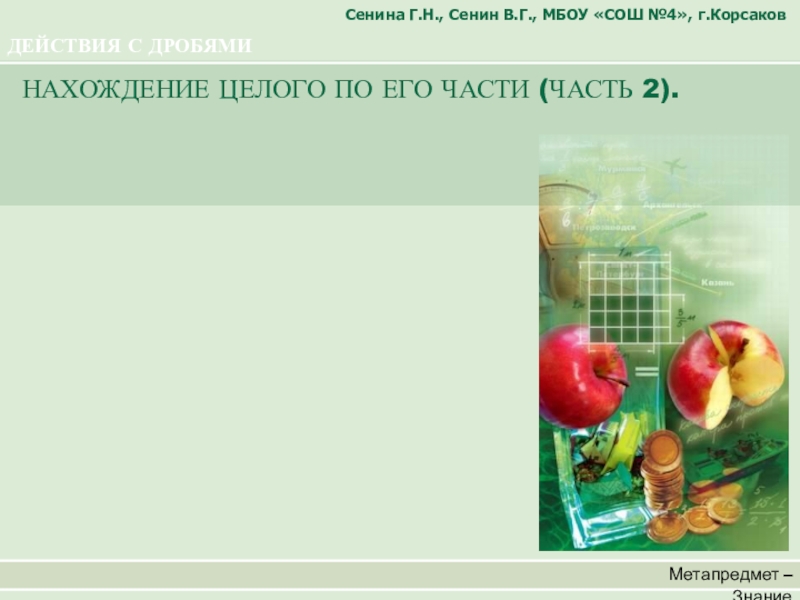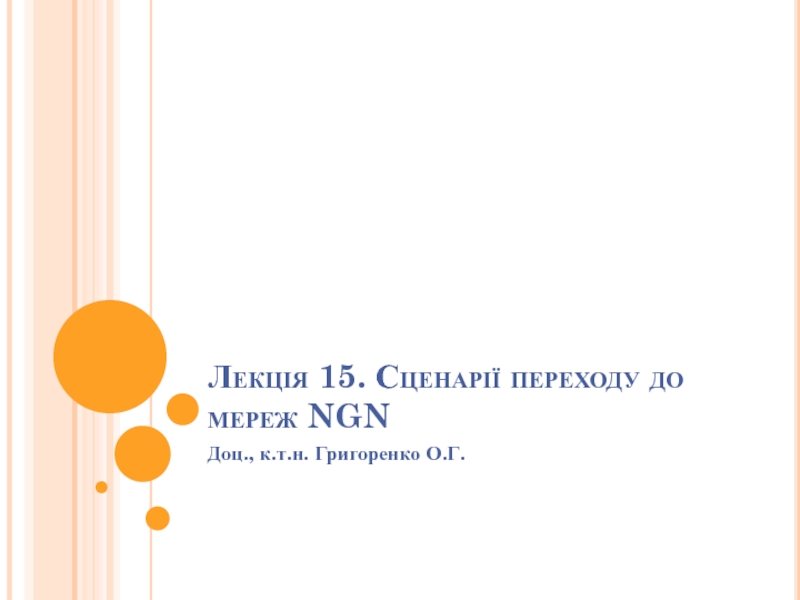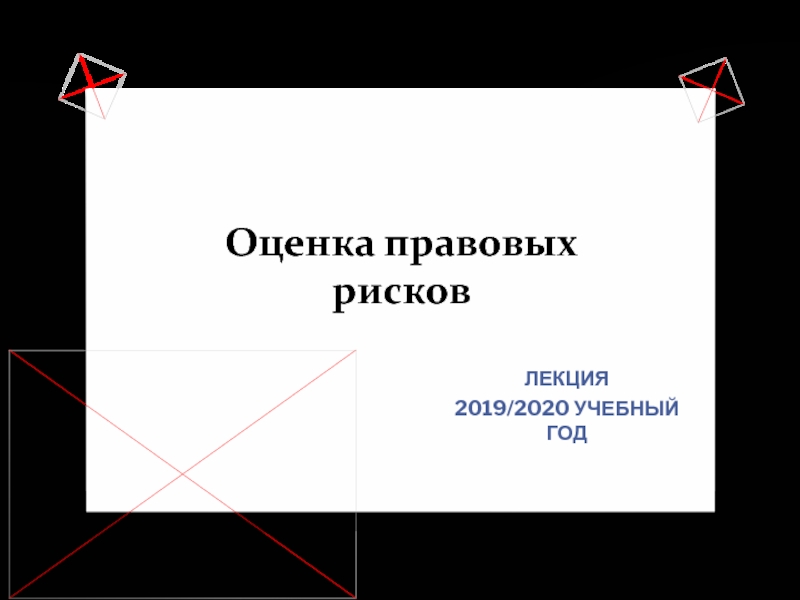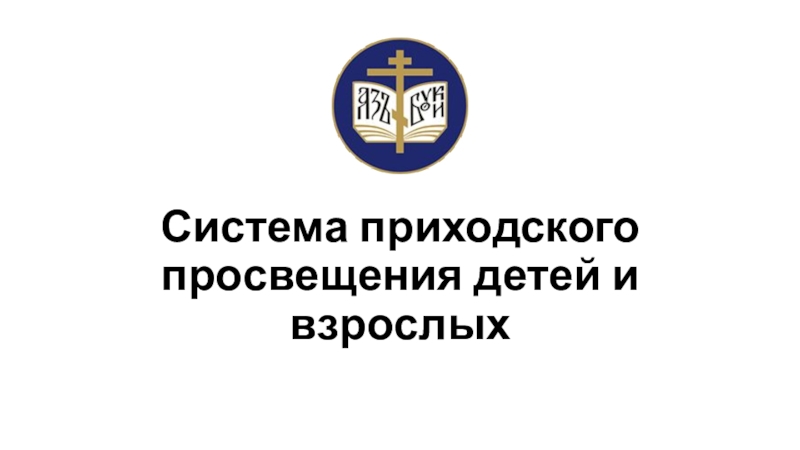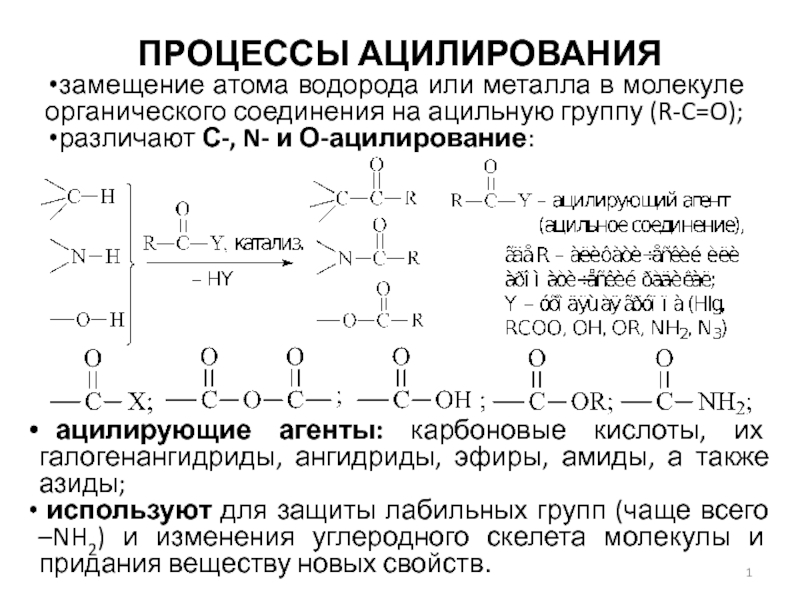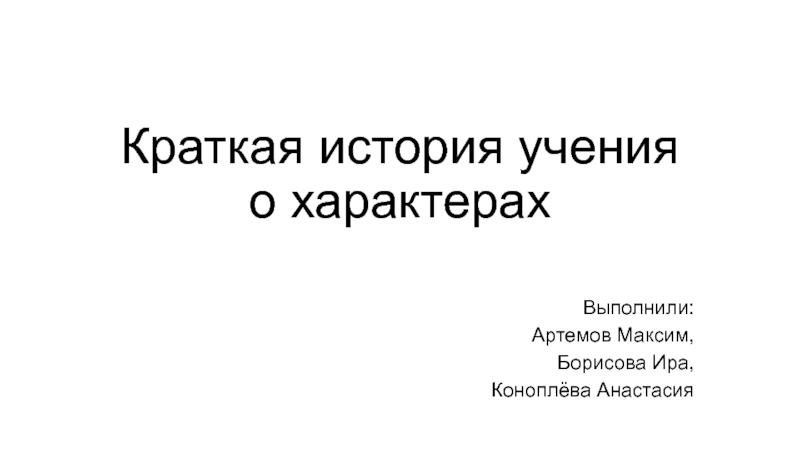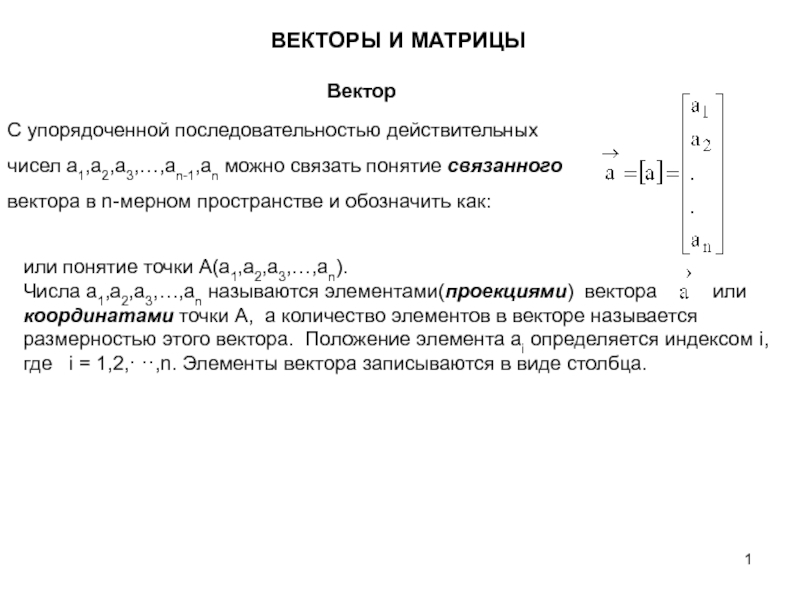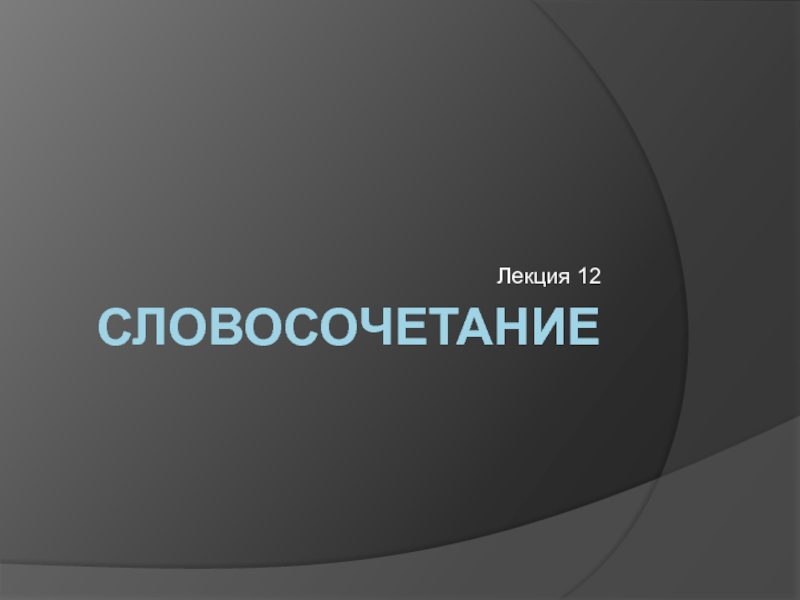Слайд 1
At our last lesson, we learned a lot
about television, press, radio and mass media in general.
But not
a word was spoken about the Internet, although it is part of the mass media. In the 21st century, it is the Internet that can unite radio, newspapers and television.
Let's figure it out.
Let's figure it out.
Слайд 2
The Internet appeared in the USA in 1986. Originally
uniting only a few research centers and universities
This network currently
covers ten million computers around the world, providing its users with a wide variety of information - news, games, music, reference information.
As well as additional services that allow people separated by thousands of kilometers to communicate freely with each other, exchange mail, data files, photos and news.
Слайд 3
The media on the Internet began with simple duplication
of information on the Internet, so in 1993 the exact
copy of the Washington Post newspaper appeared. The gradual overflow of traditional media to the Internet was accompanied by the emergence of new types of online media, such as the Internet edition (Internet newspaper, Internet magazine) - 1994-1996, Internet radio (1998) and Internet TV (1999).
Слайд 4
The concept of Internet broadcasting includes the transmission of
video and audio information over the Internet. Broadcasting on the
Internet can be both live (“live broadcast”) and recorded (“video or audio on demand”).
Слайд 5
In recent years, Internet publications have been reflected and
established in the media system. In dozens of popular science
and scientific papers, it was Internet publications that were viewed as a type of media.
Today, given the obvious development of television and audio broadcasting on the Internet, the traditional media system, along with all the varieties of Internet publications (Internet newspaper, Internet magazine, Internet portal and other derivatives) should be complemented by Internet radio and Internet TV.
Слайд 6
The Internet until a certain point was not
considered by the state as a mass medium capable of
shaping public opinion and therefore was not the object of appropriate state attention and regulation.
But in 2014 a law came out, which said that all sites on the Internet are equal to the media and will be held responsible for violations of the rules (laws). Moreover, all Internet users who have on their page more than 3000 views a day are equal to bloggers and are also responsible for violations of various rules and laws.
Слайд 7
The migration of all forms of media to the
Internet shows that the Internet is a unique medium that
provides the unified means for the delivery of all forms of information and also supports the forward and backward channel for each user.
Слайд 8
Another advantage of the Internet, in my opinion, is
the availability of information by category or topic. Many sites
have “headlines”, thus selecting the tab “2nd European Games” on your screen will highlight all the information about meetings, training games, signed agreements, in short, everything that concerns European games.
Слайд 9
It is necessary to mention that the costs for
organizing Internet broadcasting are minimal: in order to transmit video
information over the Network, you do not need to acquire transmitters and licenses or build repeaters. All that is needed to provide such services is to buy relatively cheap equipment for encoding / decoding a signal - and, of course, decide what a broadcaster will offer its potential viewers. So, anyone can do it.
Слайд 10
Well, since we are talking about the Internet, bloggers
can also be mentioned.
Слайд 11
There are about half a million bloggers in Russia,
much less than, for example, in Germany, but Russian bloggers
are much more productive than their Western counterparts.
Only about 10% of Russian bloggers are committed to serious issues, but they have clear positions. An example from politics: in comments to Medvedev's article “Forward, Russia!” In which the president called for the modernization of society and the economy, there was harsh criticism. Some wrote about demagogy, declarativeness, and idle chatter. It is not possible in most traditional media.
Слайд 12
The main advantages of blogs as sources of information
lie in the fact that, firstly, they are fully capable
of forming a certain public opinion, and secondly, news in blogs appear more operatively than in official sources. In addition, blogs are a simple and effective way to make oneself known to the world. An example would be blogs of businessmen, show-business stars, politicians.
Слайд 13
The next direction in the blogosphere is the appearance
of large media on the Internet. Traditional media are selected
in the global web, starting their blogs. In such blogs, you can discuss this or that news, events, thereby establishing feedback with your target audience. Some media commercially place their content in the most popular blogs.
Слайд 14
The integration of two formats is also observed: a
blog and a corporate site. Businessmen are starting to use
their blogs as a way to attract customers, as well as for organizing small businesses primarily in the services sector, such as PR, advertising, search engine promotion, web design, and more. Runet blogs depart from the original format of the tape posts. In most of them you can find a variety of sections: thematic community rating, services for bloggers. It is also becoming popular to learn online in video format
Слайд 15
In business blogs, you can find video tutorials and
screencasts (digital audio or video produced directly from a computer
screen). Also, perhaps another webinar format (interactive seminar) will be another popular format. Such formats can help bloggers attract potential customers. The best way to create a business image for yourself is to start teaching people what you want to be an expert in.
Слайд 16
In conclusion, it is safe to say that new
technologies will not replace the old ones. Broadcasting was not
replaced by television, the latter did not abolish cinema, video rental and videotapes did not destroy cinemas. Moreover, practically both broadcasting and cinema have retained their positions, despite the active competition of new technologies.
